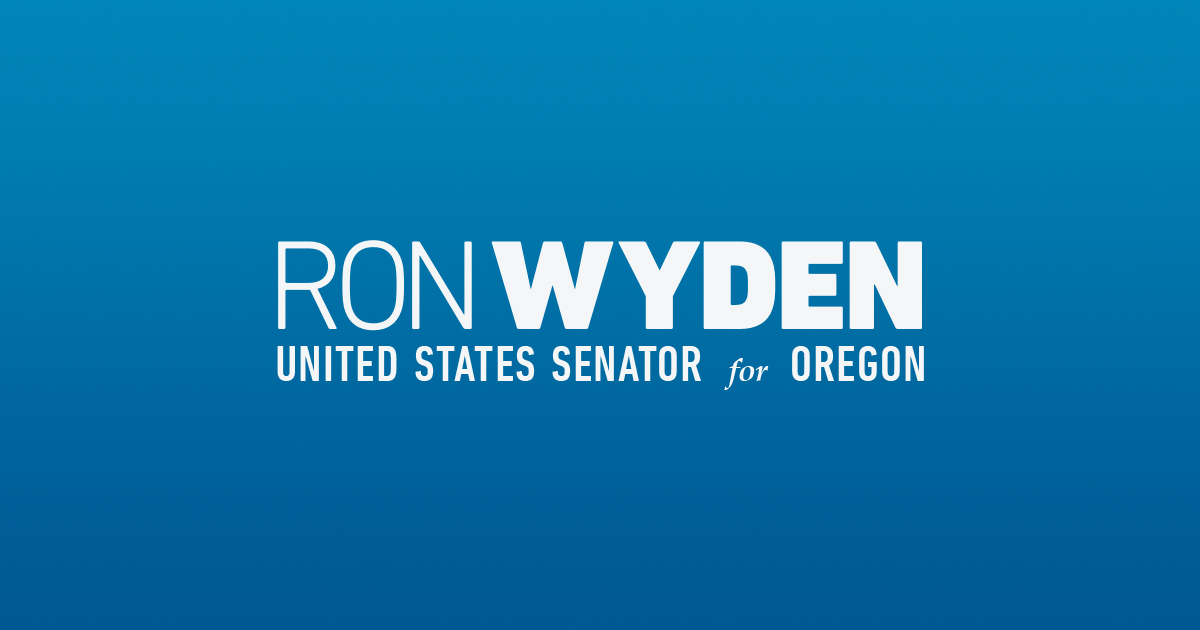Source: United States Senator Ron Wyden (D-Ore)
Wyden while chairing the hearing: “We need long-term solutions” for drought in Oregon and U.S. West
Washington, D.C. – This week the Energy and Natural Resources Subcommittee on Water and Power held a hearing on two bills introduced by U.S. Senator Ron Wyden, D-Ore. — the Water for Conservation and Farming Act and the Watershed Results Act — that address drought and would protect Oregon’s water supplies. This hearing is a key step to get a committee vote to send these bills to the full Senate for consideration.
“In Oregon, communities in the Klamath and Deschutes Basin are looking at another devastating drought year — only made worse with the threats of wildfires and extreme heat. As these pressures continue to mount, it’s essential to get a lot more high-impact water projects on the ground, and fast. That’s what my Watershed Results Act is all about. . . . My Water for Conservation and Farming Act aims to help communities better plan and prepare for the increased demand for clean water by funding projects that improve dam safety, create more resilient watersheds, and benefit agricultural and urban water users,” Wyden, who is Chairman of the Subcommittee, said in his opening remarks. “I have been all over my state talking with farmers and rural communities about what resources they need to respond to these extreme weather events and my two bills aim to tackle the drought concerns head on.”
Wyden pressed Bureau of Reclamation Commissioner Camille Touton, who was a witness at the hearing, on the Bureau’s plans to ensure efficient delivery of the $8.3 billion for western water infrastructure and climate resilience secured in the recently passed bipartisan infrastructure law that Wyden supported. He also asked why the Bureau requested only 10% of the annual authorization for the Cooperative Watershed program, a program that would help communities with resources to develop long-term strategies and successfully implement multi-benefit water projects.
“As you know from our work together in the Klamath basin, Western water issues are extremely complex and require engagement from all members of the community in order to be successful in benefiting the local economy and the environment,” Wyden said. ‘There are serious concerns across my state about resources from the Bureau of Reclamation making it onto the ground. Without these tools communities throughout the West, including the Klamath and Deschutes Basins, will bear the brunt of extreme drought.”
This hearing is a key step to get a committee vote to send these bills to the full Senate for consideration.
A video of Wyden’s questions for the Commissioner and her responses is here.
